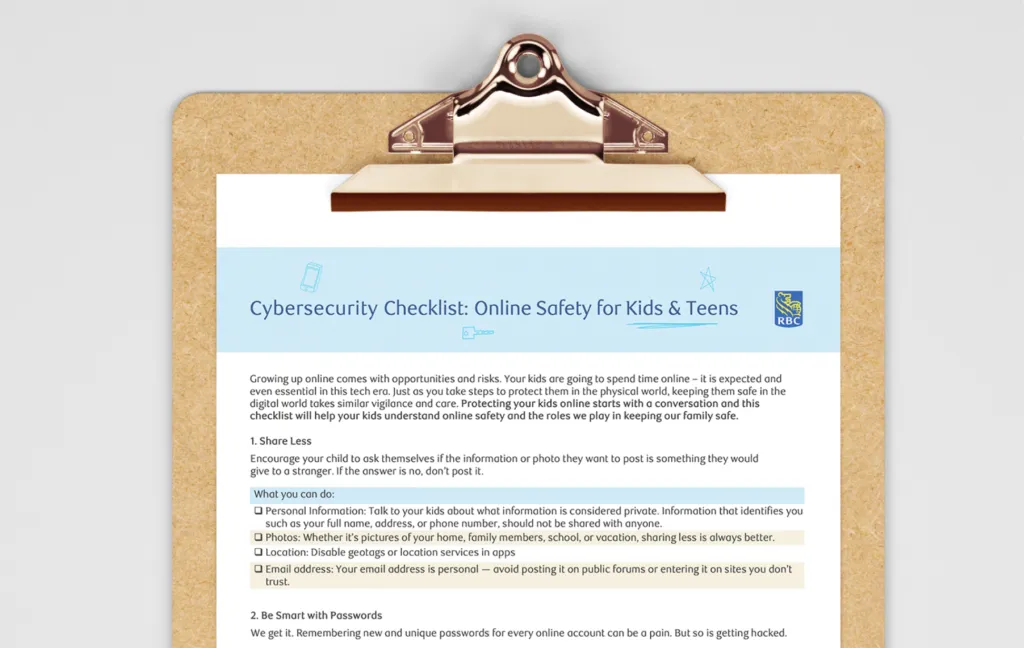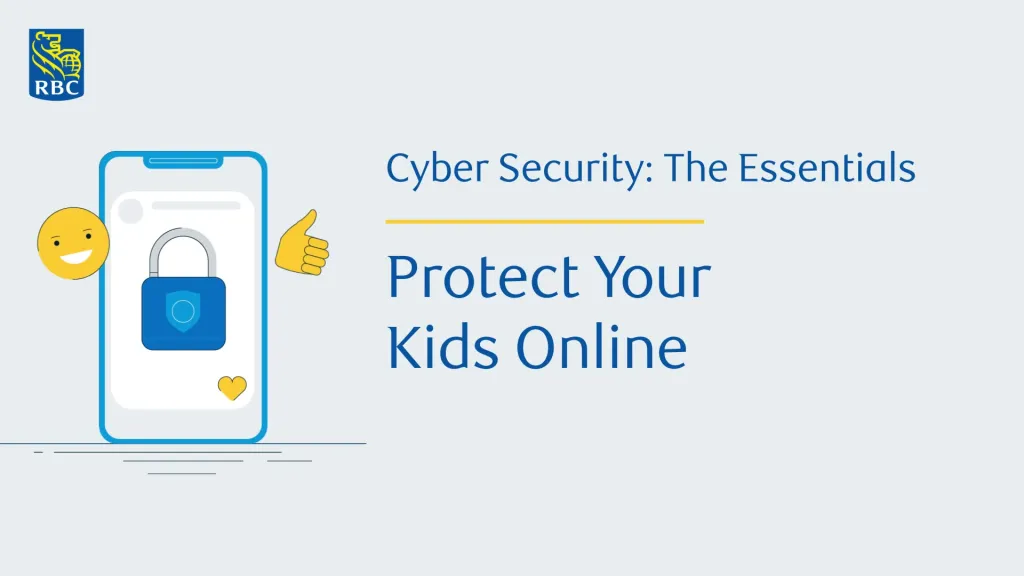Published January 24, 2024 • 4 Min Read
When your personal data is overshared, the results can range from annoying (think spam calls and emails) to devastating (think identity theft). By limiting the people and companies that have access to your data, you can protect yourself from intrusive marketers, fraudsters, and other cyber criminals.
Here are five people you should not share your data with.
1. Anyone who calls you out of the blue
While more and more people are letting calls from “unknown” or “private” numbers go to voicemail, many of us still, from time to time, get caught answering a call from someone we don’t know. Whether it’s a company selling cleaning services, a charity asking for a donation or a supposed family member calling for financial help, it’s best to avoid sharing your personal information or any financial details. In fact, if someone calls asking for money, it’s a good idea to simply hang up.
Tip: If you’re interested in the services or charity you’re being called about, do your own research and call the organization directly through their publicly listed number. And if you get a call from a family member asking for money, follow these tips to avoid being a victim of the grandparent impersonation scam.
2. Anyone who sends a text or email requesting your information
Email and text scams (also known as phishing and smishing) are wildly popular around the world – every year, tens of millions are dollars are lost to text and phishing and smishing attacks! While texts and emails can appear to come from legitimate companies and have a seemingly logical reason for asking for money, reputable organizations will never ask you to share sensitive information (such as login credentials, passwords or payment information) by following a link in their message. Take a look at popular text message scams to understand common tactics used by fraudsters and these tips to protect yourself from phishing scams.
3. Your social media network
While social media platforms can provide great ways to connect with people, discover trends and stay up to date with news and events, they’re not great places to share personal information about yourself. While it may be intuitive to not share your driver’s license, credit card or passport numbers, what many people don’t realize is that sharing other information could be equally dangerous.
For instance, if you’re asked to join a challenge or otherwise share details such as your mother’s maiden name, where you graduated from, the name of your first pet or the street you grew up on, be sure to decline. These are all common security questions that hackers could use to access other accounts, including your financial accounts. It’s even easier if your email address is also listed in your social media profile. It’s best to limit the amount of information you post in the first place and stay clear of requests for seemingly harmless personal details.
4. Every store clerk who asks
When making a purchase at many retail stores, shoppers are often asked for their email address, phone number, postal code – or any combination of this data – before finalizing the checkout. The reality is, retailers don’t need this information to complete the sale. They simply want to capture as much information as possible so they can send you special deals and offers. While the savings can be appealing, giving your information away to too many stores could result in a cluttered inbox or even your data getting in the wrong hands should that retailer experience a data breach.
Next time you’re asked, politely decline and explain you prefer not to share.
5. App developers
While free apps and software can seem like a great way to access tools and games on your phone, tablet or computer, these apps are very rarely no-strings-attached. While they may be touted as “free,” you end up paying with your personal information.
According to a 2022 study by data removal company Incogni, many apps share highly sensitive information such as your approximate location history, your email address, name, home address, photos and even in-app messages. These pieces of information could be shared with third parties, which may include marketers and data brokers that sell your personal information for profit.
Keep in mind, your personal information is just that – personal. The good news is, you have a great deal of control over who gets access to it. By deciding not to share your data with people and companies who really don’t need it, you’re taking important steps to protect your data.
This article is intended as general information only and is not to be relied upon as constituting legal, financial or other professional advice. A professional advisor should be consulted regarding your specific situation. Information presented is believed to be factual and up-to-date but we do not guarantee its accuracy and it should not be regarded as a complete analysis of the subjects discussed. All expressions of opinion reflect the judgment of the authors as of the date of publication and are subject to change. No endorsement of any third parties or their advice, opinions, information, products or services is expressly given or implied by Royal Bank of Canada or any of its affiliates.
Share This Article






